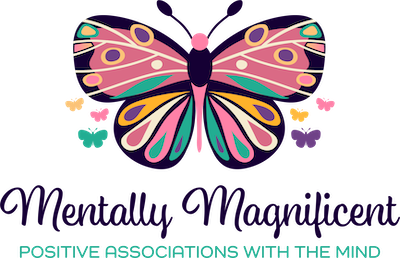What Avoidance Does to the Mind
Avoidance is a coping mechanism that affects the way we think, feel, and behave. It reinforces fear by signaling to the brain that uncomfortable situations are dangerous, which can increase anxiety over time. This often shows up as denying, minimizing, or suppressing emotions, as well as procrastinating on overwhelming tasks. Over time, avoidance creates emotional disconnection and makes it harder to recognize or respond to our own needs. It also blocks healing by keeping painful emotions unprocessed, increasing the risk of anxiety, depression, or burnout. Eventually, avoidance erodes confidence, sending the message that we can’t cope, making everyday challenges feel even more difficult.
Taking the 1st Step
Recognizing avoidance behaviors is the first step toward change. Start by identifying situations you tend to avoid and consider why. Gradually expose yourself to these stressors in a controlled manner, and seek support when needed. Remember, confronting challenges, though uncomfortable, leads to growth and resilience.
Shifting to Healthy Coping
Active coping involves directly addressing stressors and seeking solutions. These foster resilience and a sense of control:
- Problem-solving: Breaking down challenges into manageable steps.
- Seeking support: Talking to friends, family, or professionals.
- Mindfulness practices: Engaging in meditation or deep-breathing exercises.
- Physical activity: Using exercise as a stress outlet.
By confronting stressors head-on, we can reduce their impact and build coping skills for the future.
Recognize your Strength
Avoidance allows you to believe that it’s too much. You can’t handle this.” But the truth is—you can, you already have. Every time you faced a problem and kept moving forward, you proved your strength.
Facing your feelings isn’t a sign of weakness; it’s a quiet act of courage. It’s not about diving headfirst into the storm—it’s about learning to stand in the warmth of your truth without running away. There is strength in softness, power in presence, and healing in honesty. You don’t need to have it all figured out today. Everyone starts somewhere.
Avoidant coping might offer a temporary escape, but it often leads to greater stress in the long run. By adopting active coping strategies, we empower ourselves to face challenges directly, leading to improved mental health and well-being.









